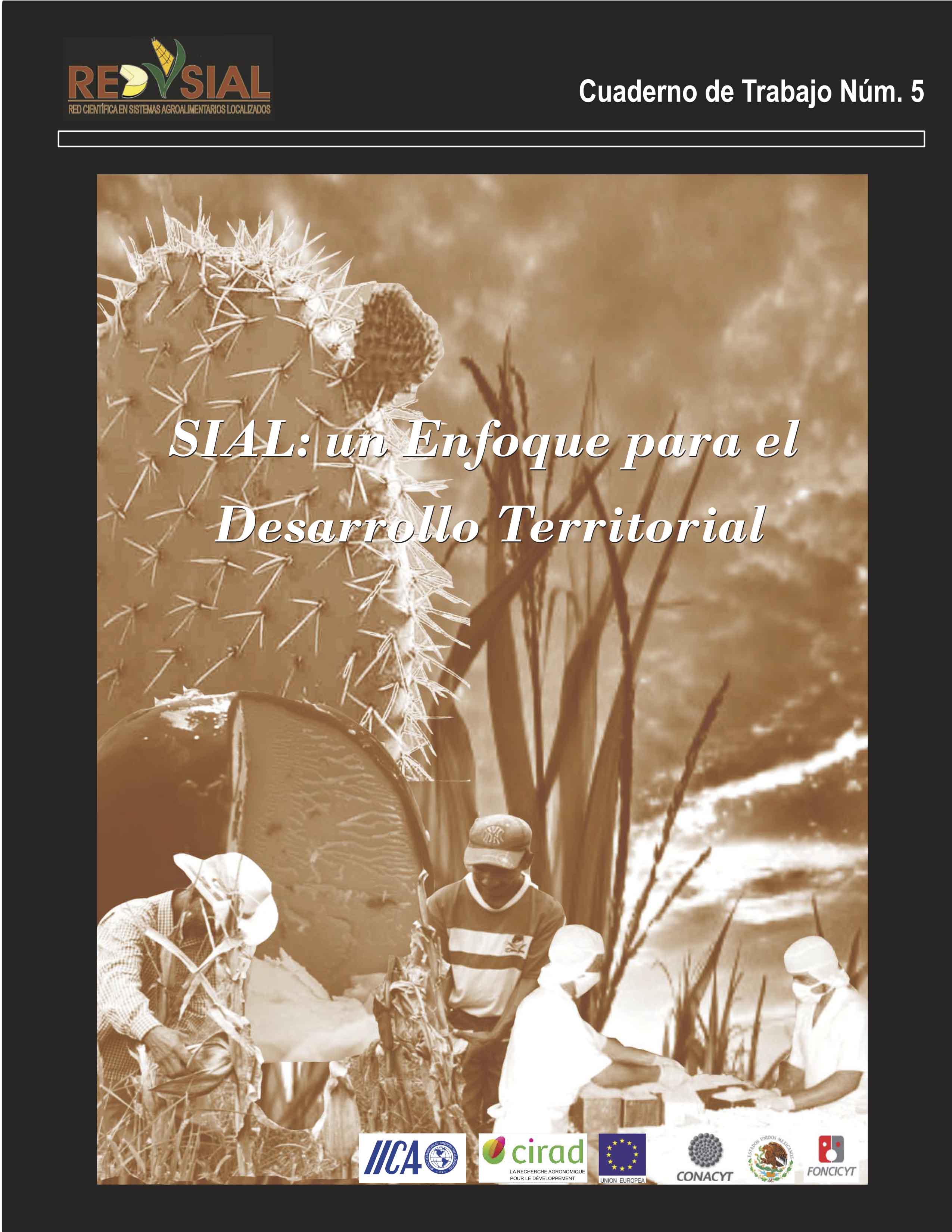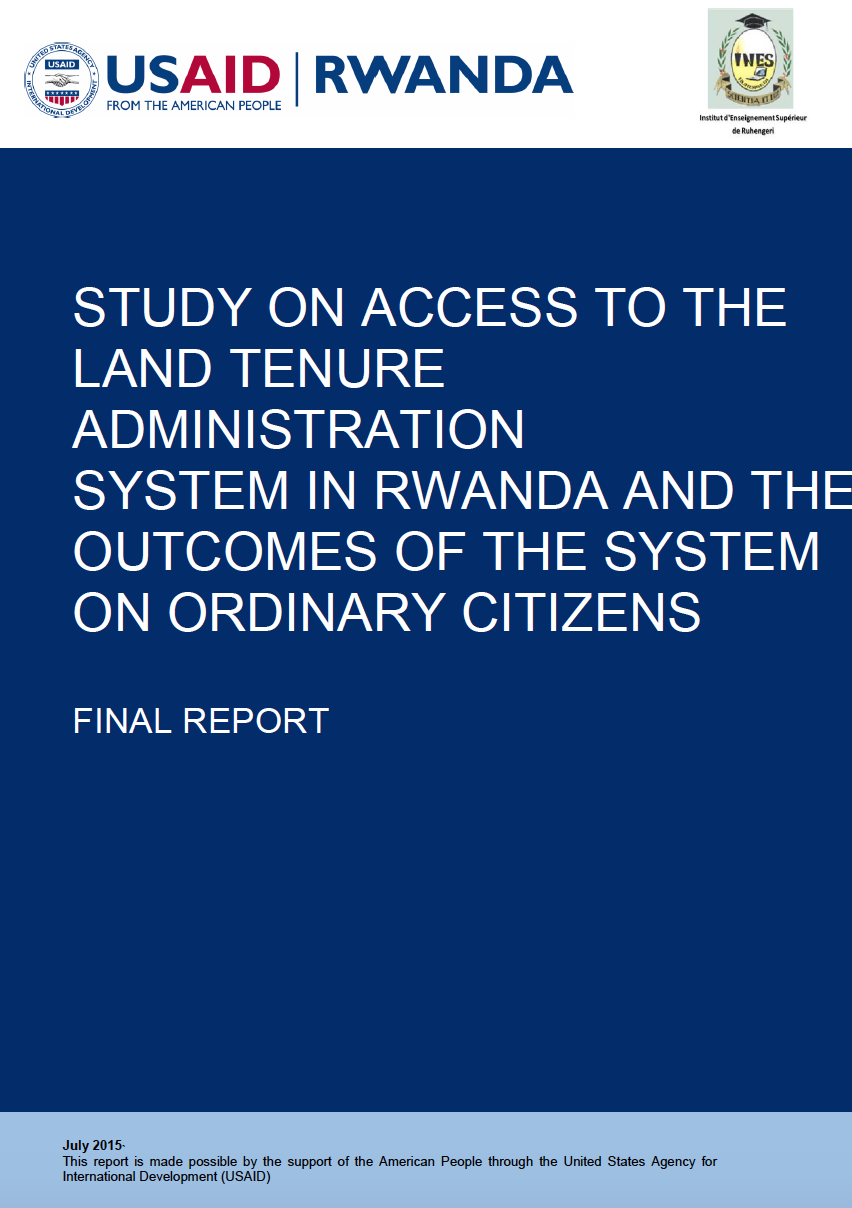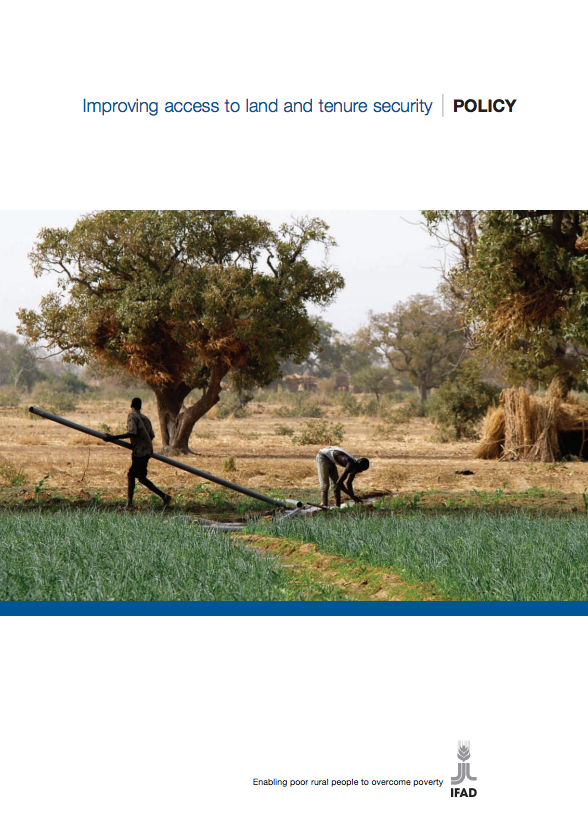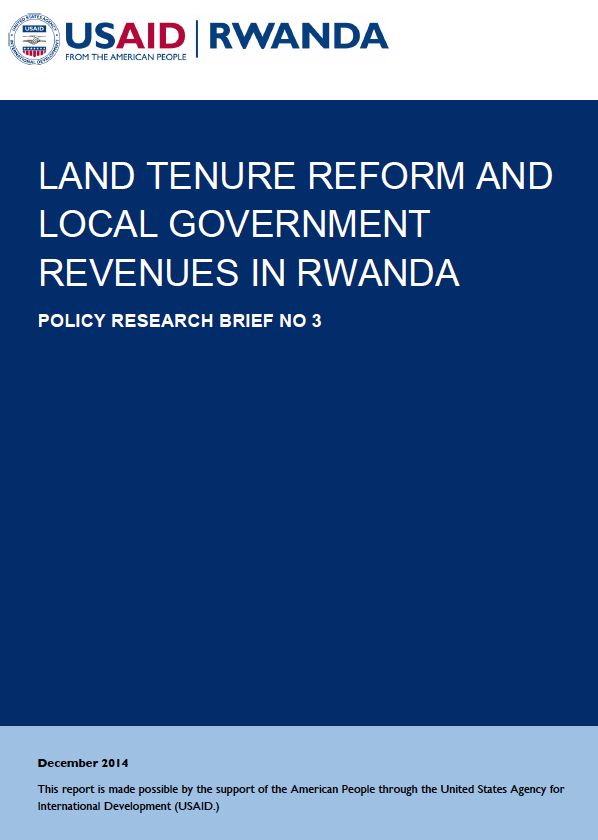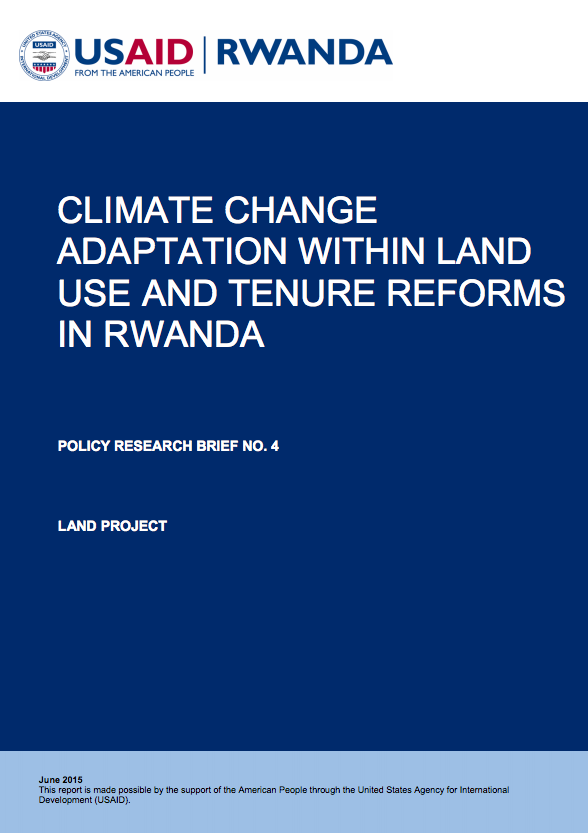NRC: The Importance of Addressing Housing, Land and Property (HLP)
A new report by the Norwegian Refugee Council (NRC) and the International Federation of Red Cross and Red Crescent Societies (IFRC) outlines eight reasons why it is important to address HLP issues from the outset of a humanitarian response, including:
Saving lives, preventing further displacement and human rights violations
Adapting humanitarian response to complex urban environments
Ensuring equal access to humanitarian assistance
Promoting access to justice in crises contexts and contributing towards durable solutions


